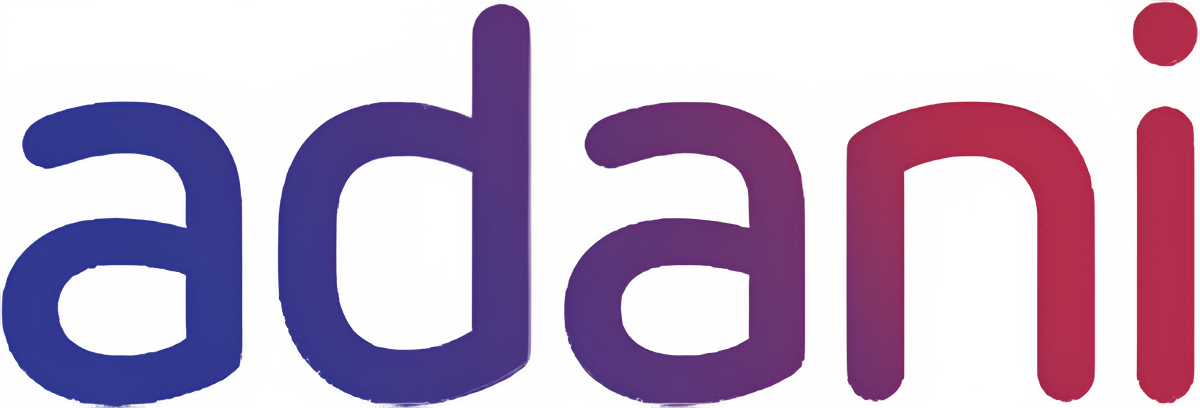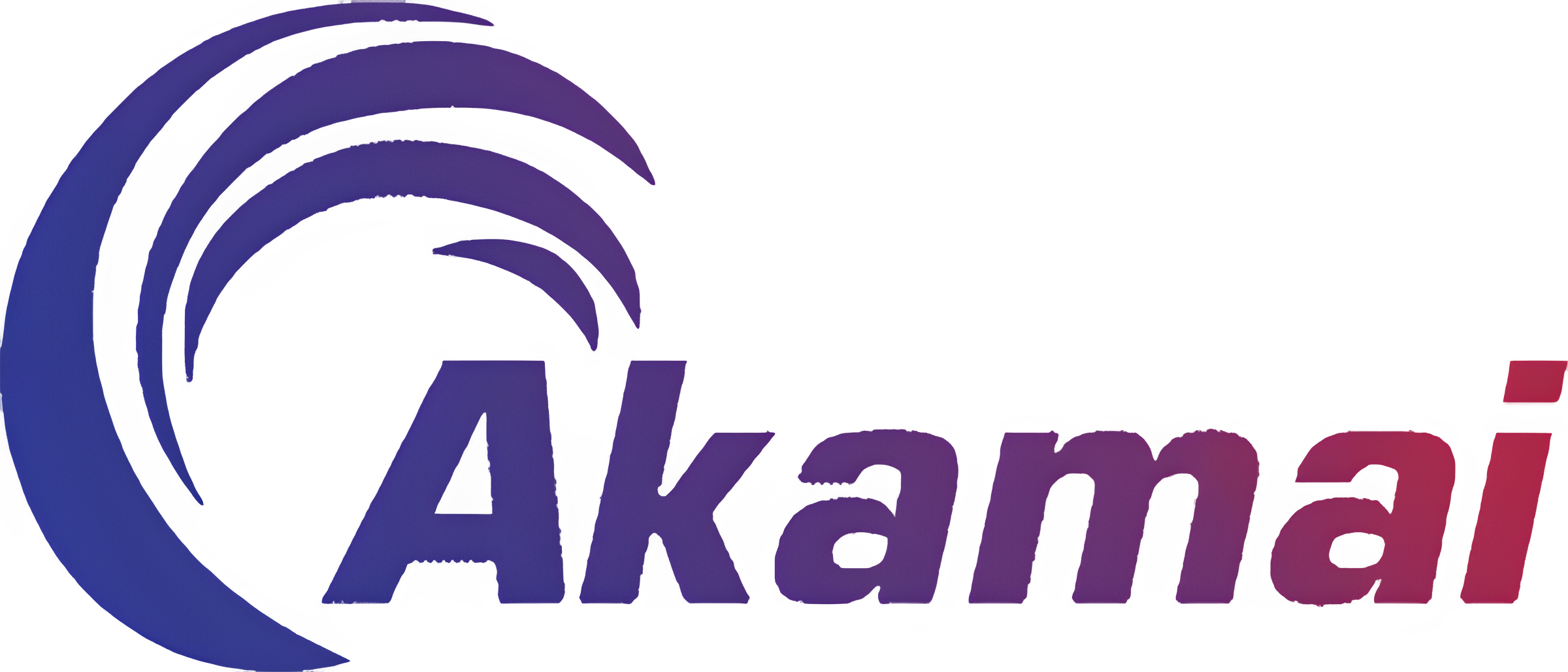What’s the Real Cost of Building a Car Rental App Like Turo or Getaround?

Building a car rental app like Turo or Getaround involves a complex interplay of features, technology, and compliance that drive both user satisfaction and operational efficiency. Core components—user onboarding, vehicle listing, real-time availability, booking workflows, payment processing, driver and owner verification, and analytics—each contribute to the overall Mobile app development cost, which ranges from USD 20,000 – 50,000 for a basic MVP to USD 100,000 – 300,000+ for enterprise-ready platforms with advanced functionalities. Integrations with GPS mapping, telematics, payment gateways, and insurance APIs add further expense, while adopting a microservices architecture on cloud infrastructure ensures scalability. Ongoing investment—approximately 15–20 % of initial development—into maintenance by an affordable software maintenance company is essential for security patches, performance tuning, and feature updates. Partnering with a specialized car rental app development company such as Dinoustech Private Limited leverages domain expertise in peer-to-peer marketplaces, compliance, and cutting-edge technologies to optimize development budgets and accelerate time to market.
Market Landscape and Growth Opportunities
The global car rental market is projected to reach USD 140 billion by 2026 as consumers increasingly favor app-based, peer-to-peer sharing models over traditional agencies. Turo, the largest such platform, facilitated over 10 million trips in 2023 and continues to expand internationally.Getaround reported completing 200 million rentals across its network, demonstrating the massive scale and demand for seamless digital car rental experiences. These platforms succeed by offering convenience, cost savings, and unique vehicle options, from luxury cars to electric vehicles. New entrants can differentiate through localized offerings, improved user experience, and specialized features—such as subscription-based rentals or integrated ride-hailing services—increasing the value proposition for both renters and vehicle owners.
Also Read: - Why Car Rental Apps Like Zoomcar Are Growing in Popularity
Core Functionalities and Their Cost Implications
A robust car rental app requires several foundational modules, each with distinct development and integration costs:
- User Onboarding and Verification: Secure, seamless onboarding is crucial. Implementing OAuth social logins and phone/email verification typically costs USD 5,000–15,000. Adding ID document scanning, biometric facial recognition, and manual approval workflows increases this by another USD 10,000–20,000 for compliance with KYC/AML standards.
- Vehicle Listing and Management: Owners need intuitive dashboards to list vehicles, upload photos, set availability calendars, and manage pricing. Photo upload optimization, geocoding, and calendar integration average USD 15,000–30,000 in development effort.
- Real-Time Availability and Booking Engine: Preventing double bookings under high concurrency demands a scalable scheduling engine and availability synchronization, costing USD 20,000–40,000. Integrations with calendar APIs (Google/Apple) and conflict resolution logic add complexity.
- Payment Processing and Wallets: Integrating PCI-DSS–compliant gateways (Stripe, Braintree) for in-app payments, owner payouts, and refunds typically ranges USD 15,000–25,000. Implementing digital wallets and escrow flows for hold deposits increases this cost.
- In-App Messaging and Notifications: Enabling communication between renters and owners and sending push/email/SMS alerts requires services like Firebase Cloud Messaging or Twilio, with implementation budgets of USD 10,000–20,000.
- Ratings, Reviews, and Dispute Resolution: Building robust feedback systems and dispute workflows—including moderation dashboards—adds USD 10,000–15,000.
- Analytics and Reporting: Dashboards for utilization, revenue tracking, and user behavior analytics involve data pipelines, ETL processes, and visualization libraries, costing USD 20,000–35,000.
Collectively, these modules form the core of a car rental app development company engagement, with total development hours ranging from 1,000 to 4,000+, depending on scope and regional rates.
Technology Architecture for Scalability
To ensure resilience and performance, leading car rental platforms adopt a microservices architecture hosted on cloud platforms (AWS, Azure, or GCP). Containers managed via Kubernetes enable zero-downtime updates and horizontal scaling. Event-driven messaging with Apache Kafka or RabbitMQ decouples real-time booking and tracking workflows, buffering peak loads without data loss. Relational databases (PostgreSQL) handle transactional data, while NoSQL stores (MongoDB, Cassandra) and Redis caches manage high-velocity telemetry and session data. CI/CD pipelines—leveraging Jenkins, GitLab, or GitHub Actions—automate testing and deployment, reducing manual errors. This infrastructure blueprint, delivered by an experienced car rental app development company, supports millions of users and transactions globally.
Also Read: - How Much Does It Cost to Develop Logistics Software?
Advanced Features and Emerging Trends
Beyond core functions, advanced capabilities can differentiate new entrants:
- Dynamic Pricing Engines: Machine-learning algorithms adjust rates based on demand, inventory levels, and competitor pricing, improving utilization rates by up to 15%.
- Subscription Models: Flat-fee monthly or annual subscriptions for unlimited mileage encourage loyalty and predictable revenue streams.
- Connected Car Integrations: Telematics data for fuel monitoring, remote diagnostics, and usage-based insurance requires IoT platform integrations, adding USD 10,000–25,000.
- Blockchain-Based Identity and Payments: Smart contracts for automated escrow and disbursements promise enhanced trust but introduce complexity and licensing fees.
- AI-Powered Recommendations: Personalized vehicle suggestions based on user profiles and past rentals boost conversion rates, with development costs in the USD 15,000–30,000 range.
- Mobility-as-a-Service (MaaS) Partnerships: Integrating car rental with public transport ticketing and scooter/bike-sharing apps via unified mobility wallets creates comprehensive solutions.
These innovations, pursued by top-tier car rental app developmentcompany partners, position apps at the forefront of the evolving mobility ecosystem.
Mobile App Development Cost Estimation
Mobile app development cost depends on team rates, feature complexity, and platform choices. Typical estimates:
- MVP (Core Modules Only): USD 20,000–50,000 (offshore rates), 800–1,200 hrs.
- Mid-Tier (Additional Verification, Messaging): USD 50,000–100,000, 1,200–2,000 hrs.
- Enterprise (Advanced Pricing, IoT, Analytics): USD 100,000–300,000+, 2,000–4,000 hrs.
Choosing cross-platform frameworks (React Native, Flutter) can reduce time and costs by sharing 70–80 % of code, while native development maximizes performance and leverages platform-specific features.
Also Read: - Make an App Like Instagram for Photo Sharing & Reels
Post-Launch Support and Maintenance
Launching the app is only the beginning. Engaging an affordable software maintenance company ensures continuous support: patching vulnerabilities, updating APIs, scaling infrastructure, and rolling out minor enhancements. Industry norms allocate 15–20 % of initial development costs annually for maintenance and DevOps activities. Proactive monitoring and automated alerting prevent downtime during critical demand peaks, protecting revenue and brand reputation.
Selecting Your Development Partner
When evaluating a car rental app development company, prioritize:
- Domain Experience: Proven track record in peer-to-peer rental or sharing marketplaces.
- Full-Stack Capabilities: In-house mobile, backend, DevOps, and QA.
- Scalable Processes: Agile methodologies and CI/CD practices.
- Regulatory Expertise: Knowledge of insurance, tax, and data privacy across target regions.
- UI/UX Excellence: Designers experienced in seamless booking flows and Dashboard experiences.
Dinoustech Private Limited exemplifies these qualities, offering end-to-end services—from ideation and prototyping through development and maintenance—ensuring your car rental app stands out in a crowded market while optimizing Mobile app development cost.
Conclusion
Creating a car rental app like Turo or Getaround involves strategic investment in essential and advanced features, robust cloud-native architectures, and ongoing maintenance. With budgets ranging from USD 20,000 for basic MVPs to USD 300,000+ for enterprise-grade platforms, partnering with an experienced car rental app development company such as Dinoustech Private Limited ensures domain expertise, technical excellence, and cost-efficiency. By leveraging modern technologies—microservices, IoT, AI, and secure payment integrations—you can deliver a scalable, user-friendly platform that captures share in the booming peer-to-peer car rental market. Continuous enhancement through an affordable software maintenance company solidifies your app’s reliability, paving the way for sustained growth and customer loyalty.

















